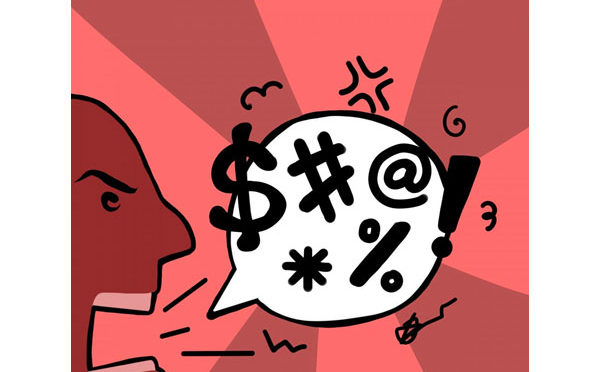Hate Speech: A part and parcel of free speech?
Posted on : May 11, 2020Author : AGA Admin

John Locke’s ideas of liberty were taken forward by Jeremy Bentham and John Stuart Mill’s ideas of freedom of speech and expression. This form of freedom has been considered to be the bedrock of liberty and government accountability. The question that arises, however, is “How much freedom is too much freedom?” The freedom of expression, which is guaranteed under Article 19(A) of the Constitution of India is subject to reasonable restriction, and rightly so, because public order and morality needs to be of utmost importance in a democracy even while maintaining the citizen’s rights to question the government or the government’s authority to acquire legitimate support. 2020 started as off as a year for disasters and it cannot be denied that much of the violence in Delhi could have been avoided if hate speech was not tolerated in the freedom of expression. Hence, in my opinion, hate speech should not be included in freedom of expression.
As the Supreme Court held in the case of Gopalan vs State of Madras (1950) [AIR 1950 SC 27], “There cannot be any such thing as absolute or uncontrolled liberty wholly freed from restraint, for that would lead to anarchy and disorder”. [Rakshit, Nirmalendu. “Mutilated Liberty and the Constitution” Economic and Political Weekly, n.d.]
Hate Speech, is not limited to India and there have been various instances of international players taking actions to combat hate speech. For example, the Committee of Ministers of the Council of Europe in 1997 observed that after the Second World War, there was yet again the emergence of racism, xenophobia and anti-Semitism therefore, even while acknowledging the importance of freedom of expression, the Council advocated that the members need to take steps to tackle the issue of hate speech. [Saunders , Kevin. “What about Hate Speech?” In Degradation: What the History of Obscenity Tells Us about Hate Speech . NYU Press, 2011.]
The unwarranted use of hate speech in the garb of free speech , and the laws against it being treated as a dead letter has made it difficult to create a peaceful atmosphere in India, [Noorani, A.G. “Hate Speech and Free Speech .” Economic and Political Weekly, n.d.] in most cases of political importance. It has been argued by Frances D’Souza the Director of Article 19, a London based organization, that any form of speech should be curtailed not on the basis of its content but on the basis of the impact that it generates by creating unruly violence and tension.
Indian laws regarding the freedom of expression have often been criticised on the grounds that the do not meet the international standards. For instance, Human Rights Watch report argues that broadly defined hate speech offenses in India allow for “arbitrary and abusive application of the law and create an unacceptable chill on the discussion of issues relating to race and religion.” [Arun , Chinmayi, and Nakul Nayak . “Preliminary Findings on Online Hate Speech and the Law in India .” The Berkman Klein Center for Internet & Society Research Publication Series, n.d.]
Thus, even though there may be contradicting opinions, hate speech, in the opinion of many, should be considered as a violation of the freedom of expression that is granted to the citizens as it unfortunately fosters a situation of declining public order.
Megha Singh
Former Intern, AGA
(Disclaimer: The opinions presented in the article belong to the writer and do not in any capacity, reflect the views of the organisation.)





Leave a Reply